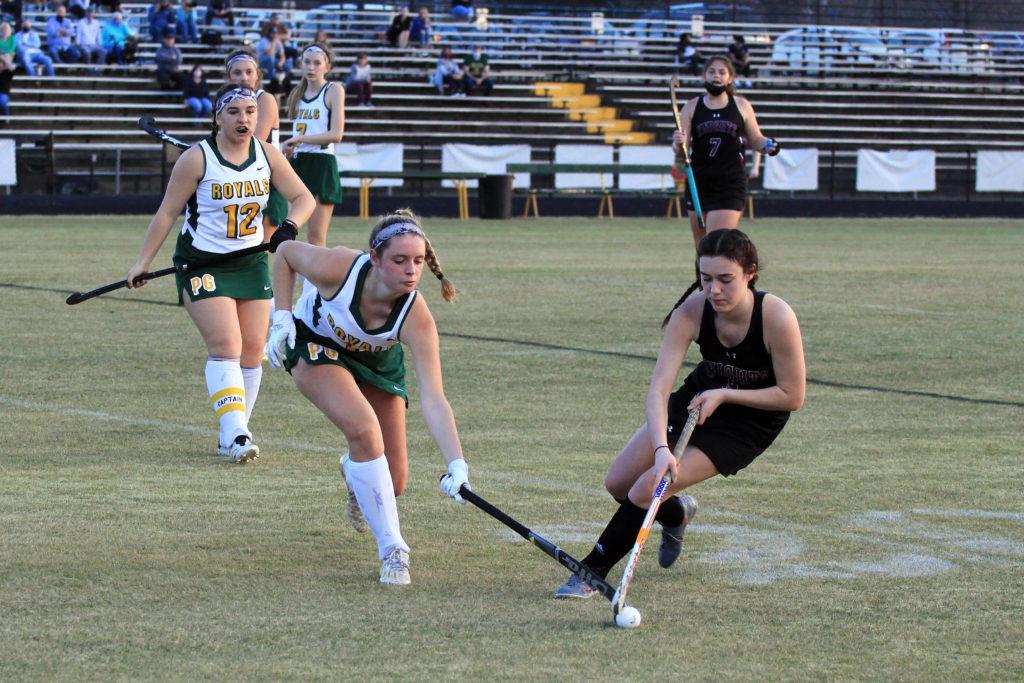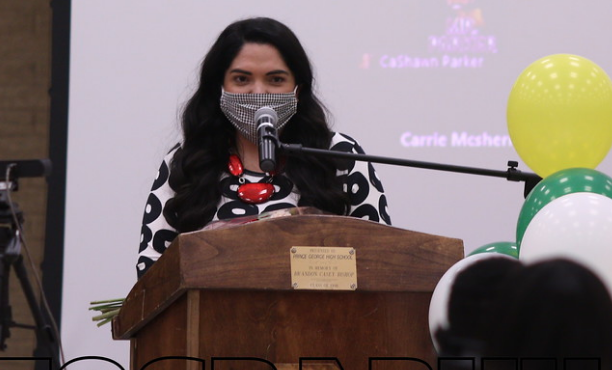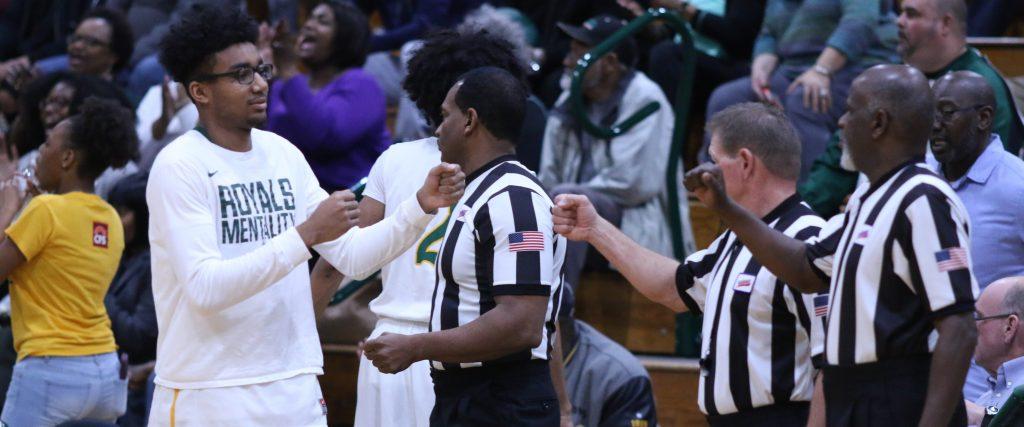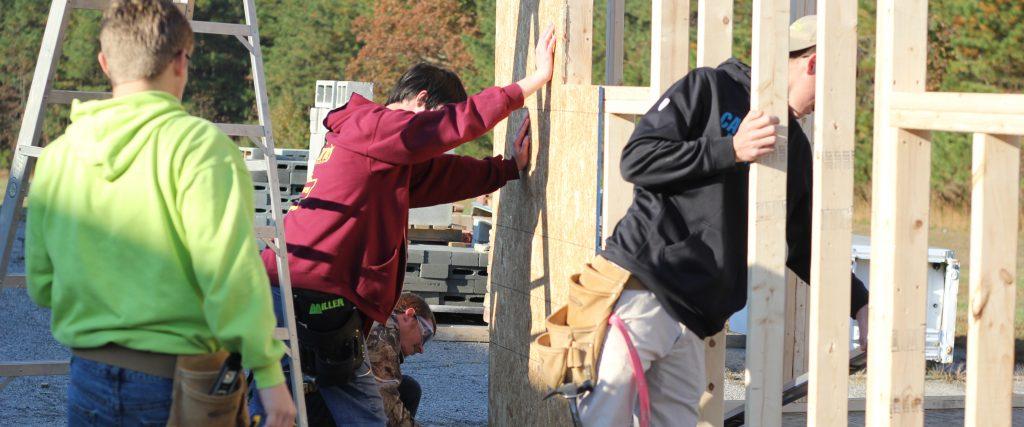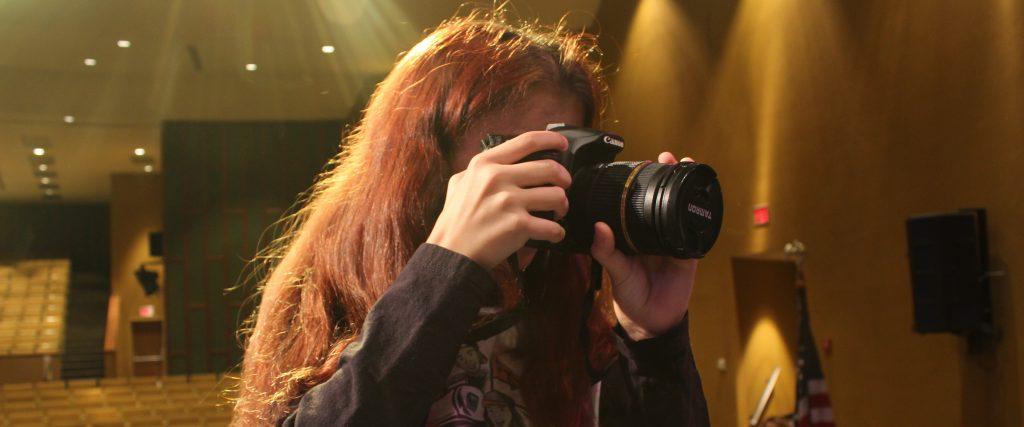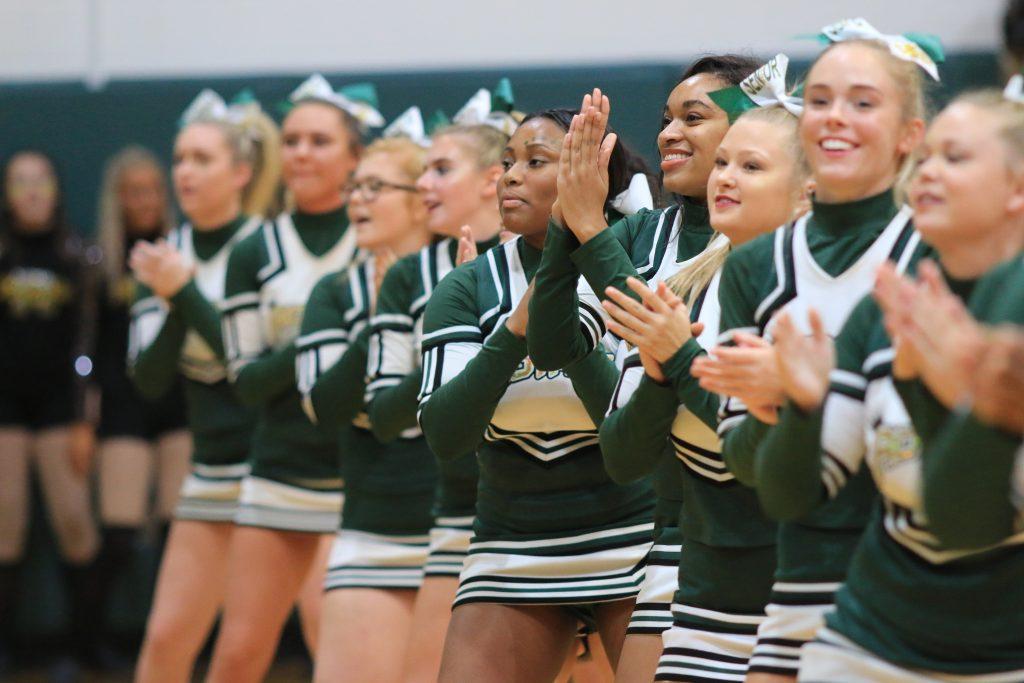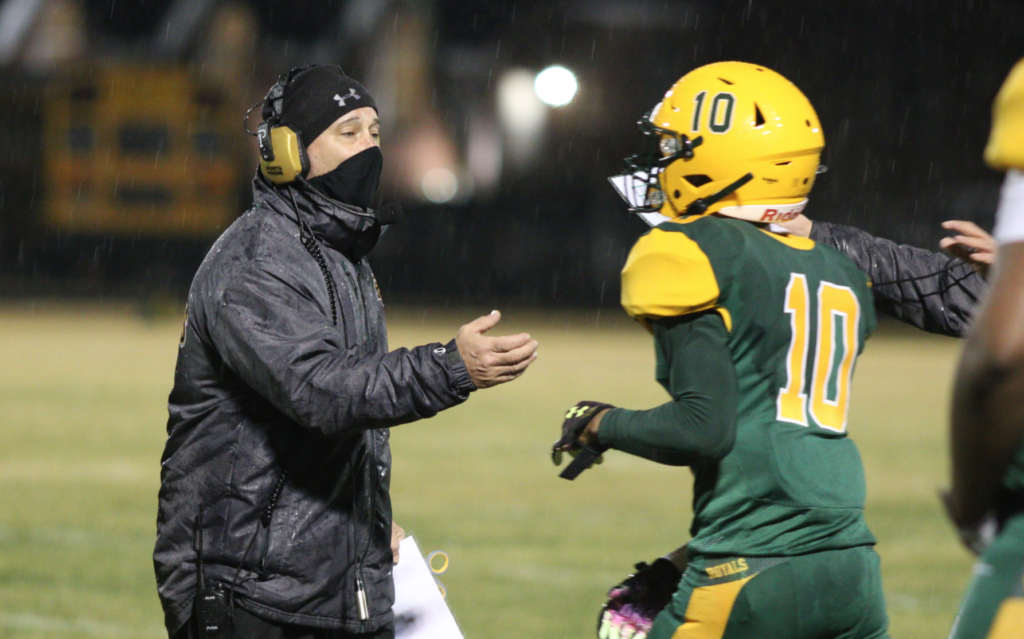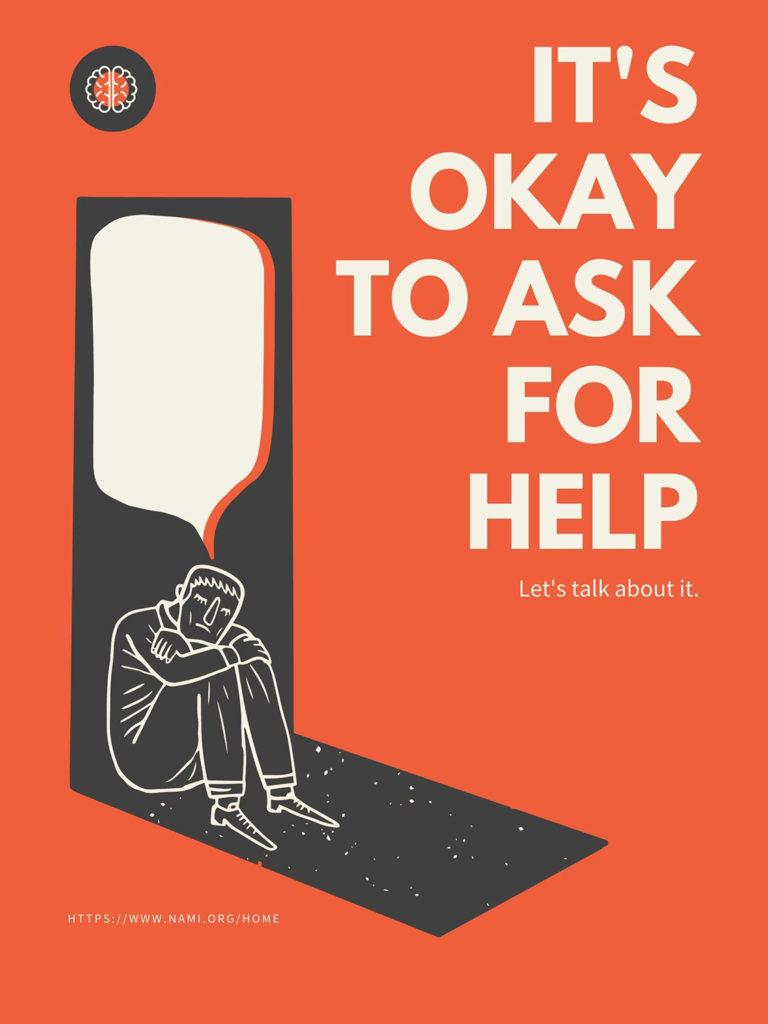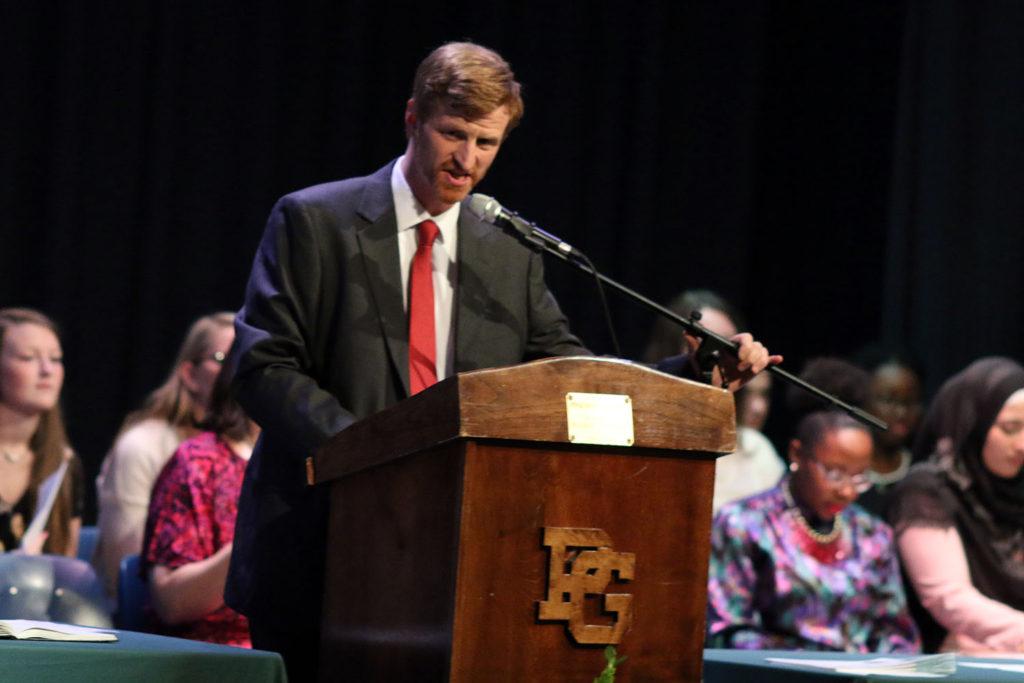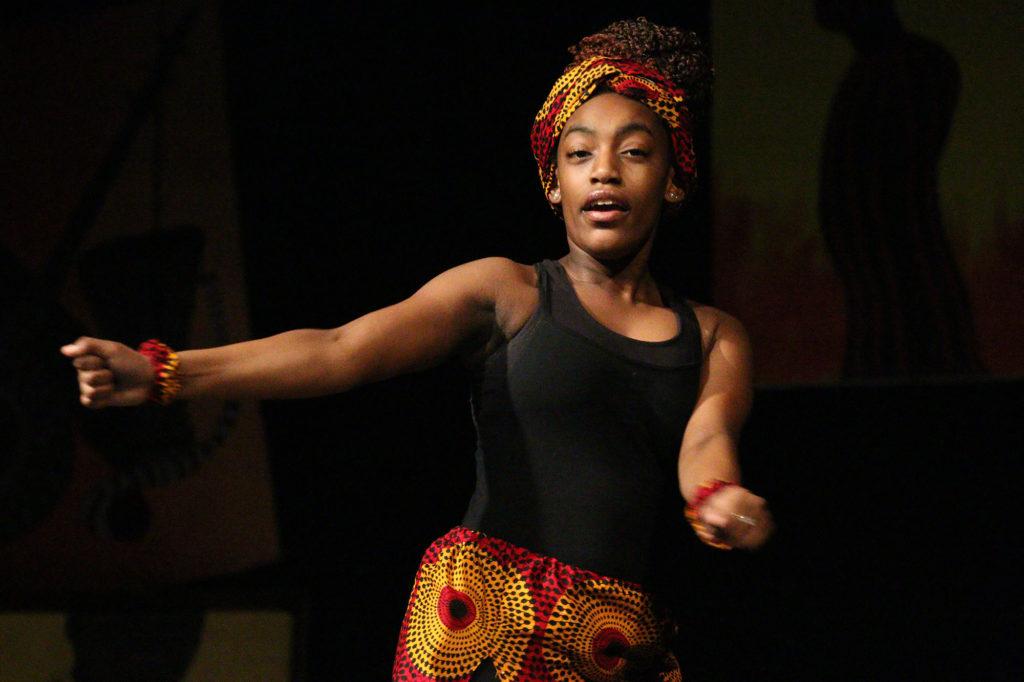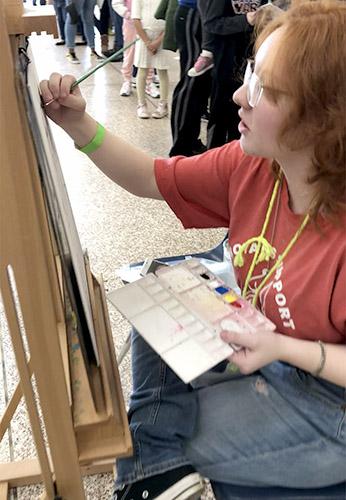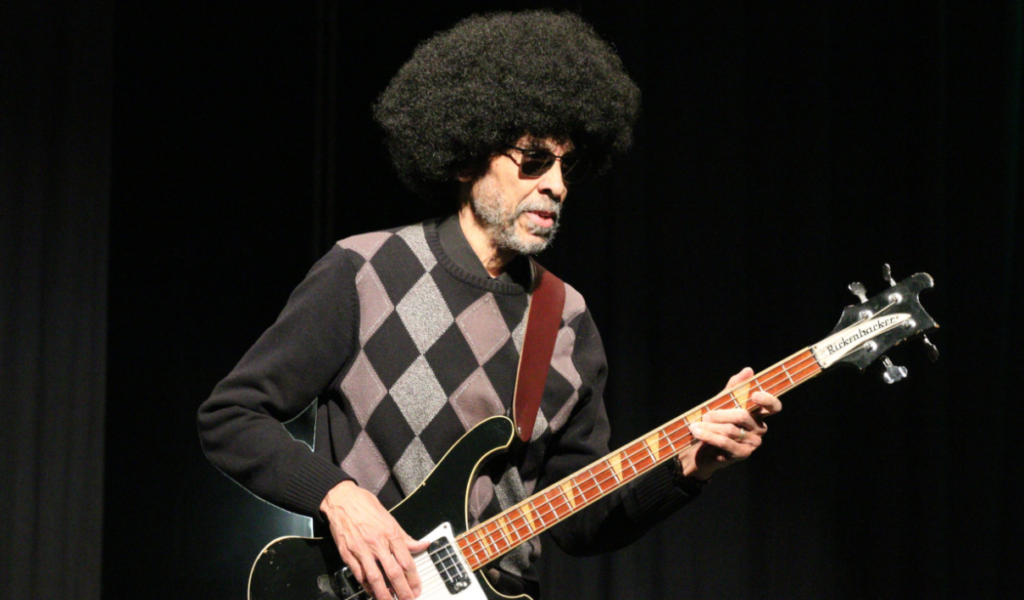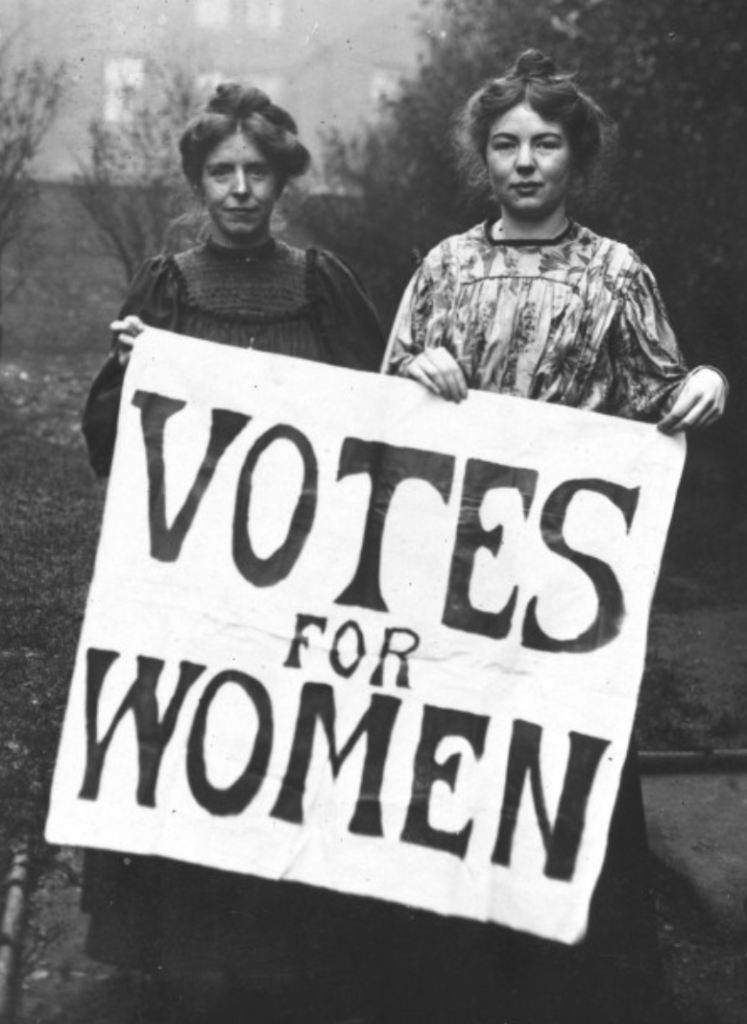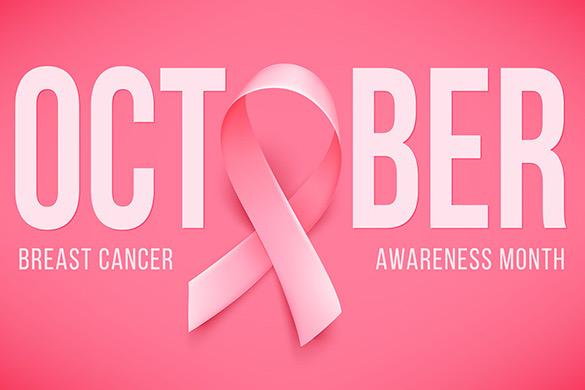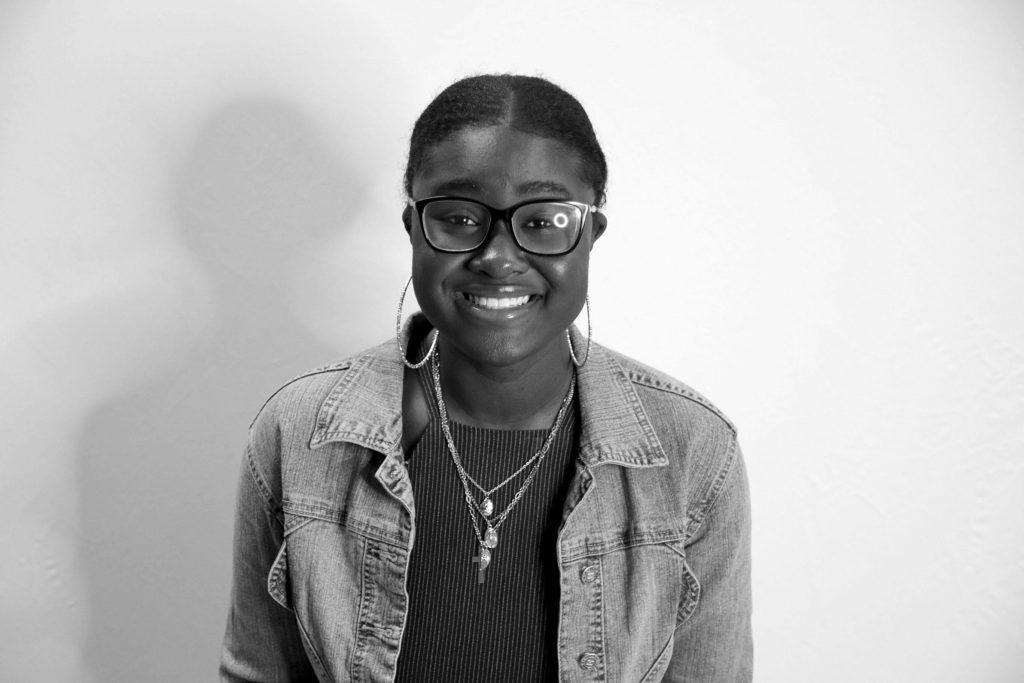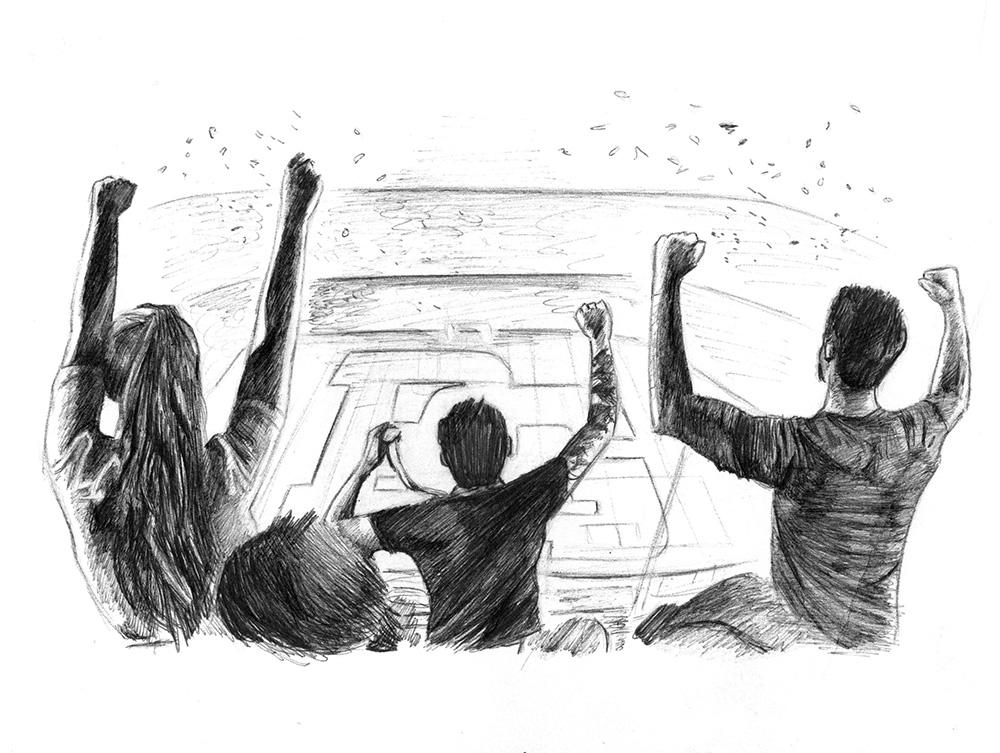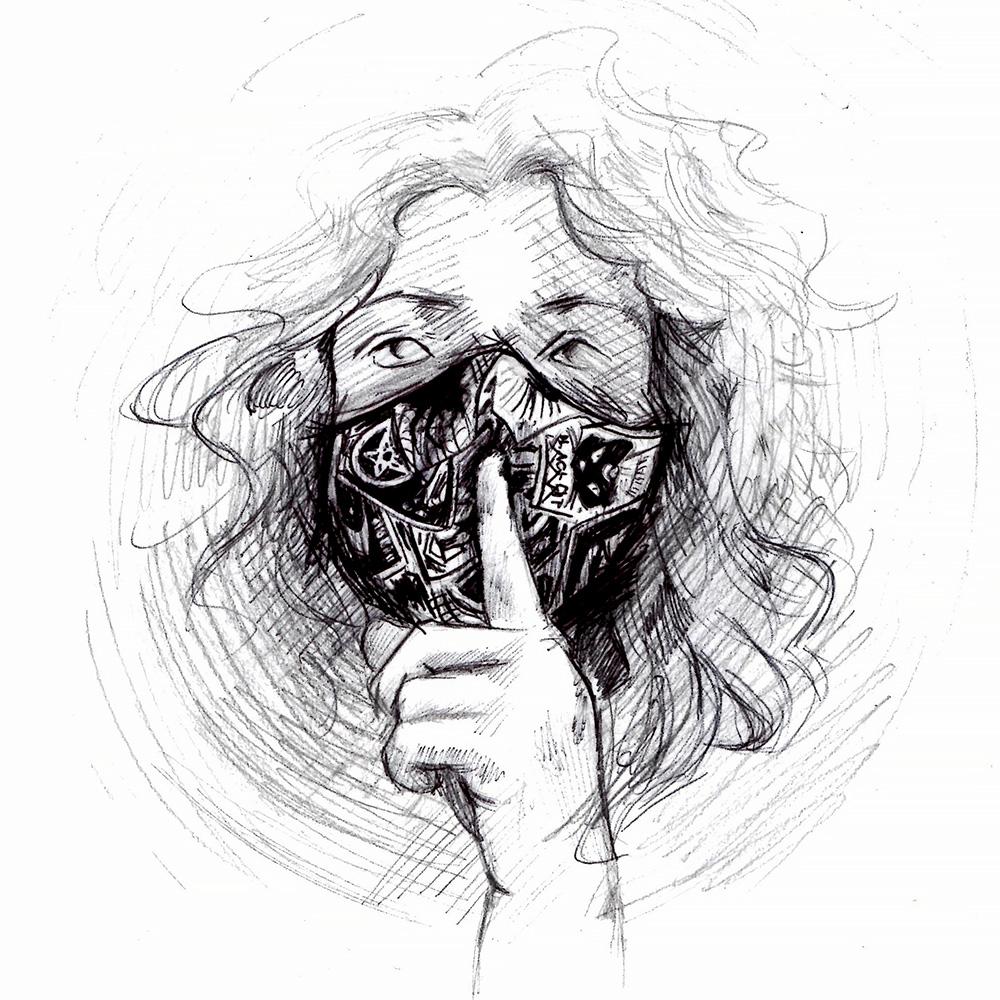By Emma Woodward-Burdett
I can’t help but feel dissatisfied during Women’s History Month. This time is supposed to be a celebration and acknowledgement of female struggles and contributions in our society. A representation of how far Women’s status has risen in America. Great progress has been made through the hard work and activism of women like Betty Friedan, Angela Davis, Gloria Steinem, Rita Mae Brown, and countless other feminists and female leaders.

Furthermore, I hope it is realized that the rights and social freedoms women have today exist because women have fought to gain them. However, it is painfully obvious from the modern female experience and current social attitudes that America still has not gone far enough in securing gender equality and equal social status for women.
Women still do not have the same status and opportunities as men in the U.S. Women are subjected to unfair double standards about virginity, relationships, and proper behavior. They don’t receive equal pay for equal work. They are underrepresented in government institutions. Perceived “female” industries like teaching undervalued.
Women perform more of household labor than their male counterparts. Women are more likely to live in poverty than men. Women are comodified and objectified in pornography and prostitution. Women are at high risk for rape and domestic violence. Rape culture is normalized in American society and women are blamed for being raped and sexually harassed. Women are victims of racism, homophobia, ableism, religious discrimination, and disenfranchisement.
My point is that we can’t fully acknowledge the struggles and hardships of women if we ignore the issues that they face today. This means that the best way to value Women’s History is to continue the effort and activism of the women and feminists that we celebrate during Women’s History month. It is not enough to simply don a “I heart Susan B. Anthony” t-shirt and call it a day.
If Americans want to create a better environment for women then they need to call out existing social hierarchies, power structures, and systematic oppression. Feminist actvism needs to be taken seriously and feminism must be intersectional and inclusive for all women.
The conversation of women’s rights should not just be a superficial evaluation of faux girl power and complacent narratives tailored to make the existing hierarchical power structures feel comfortable.
